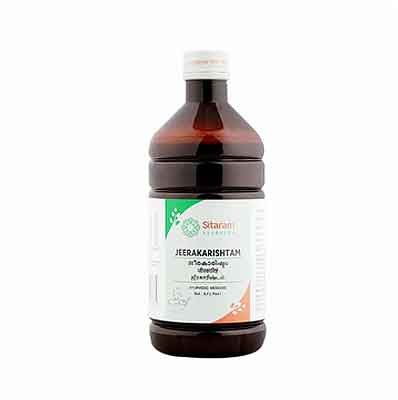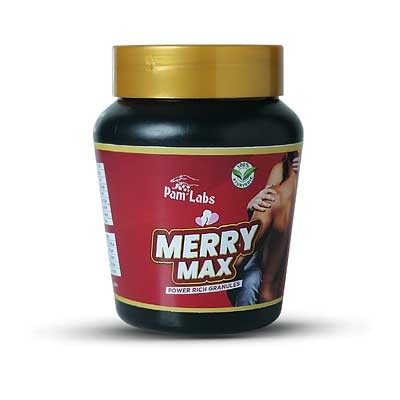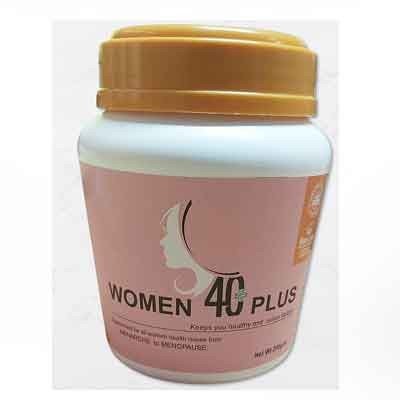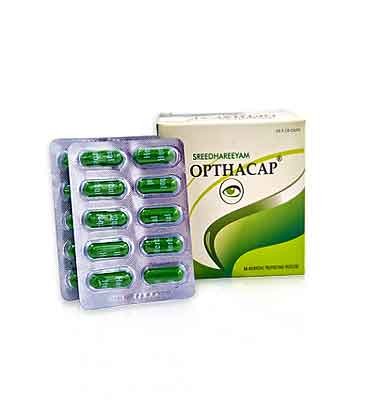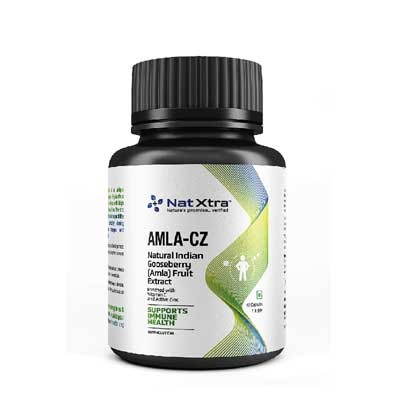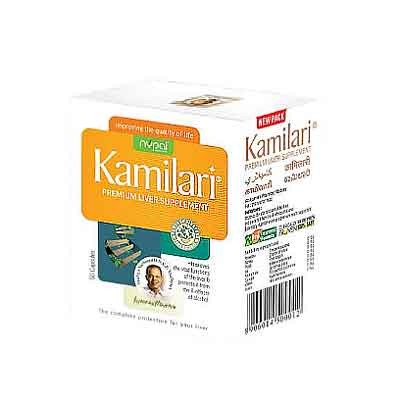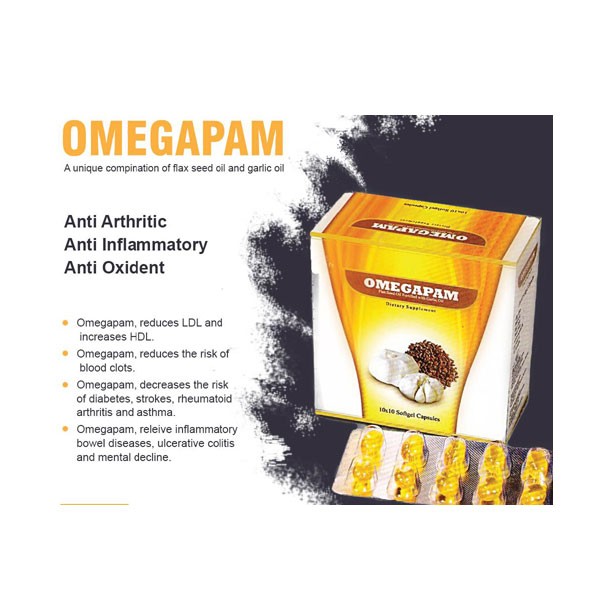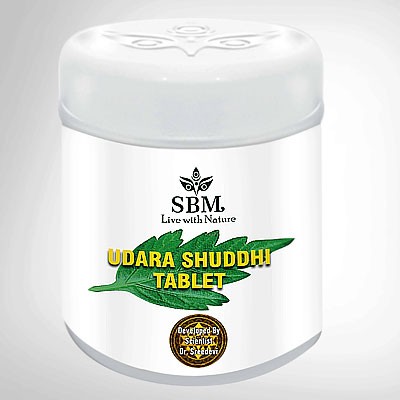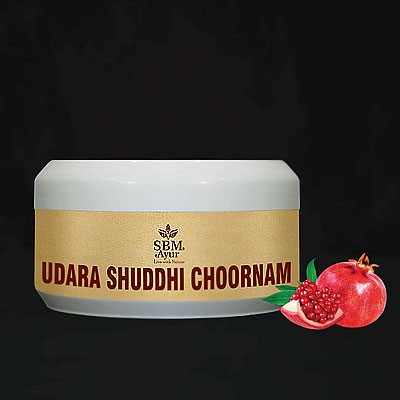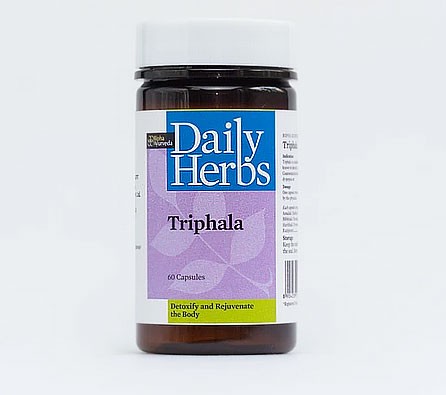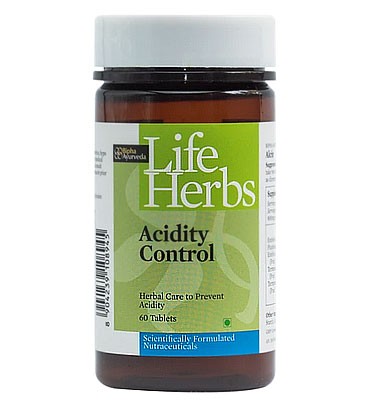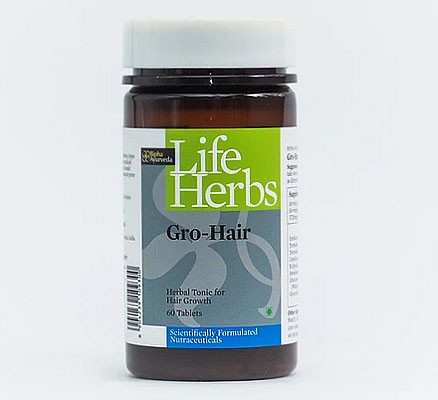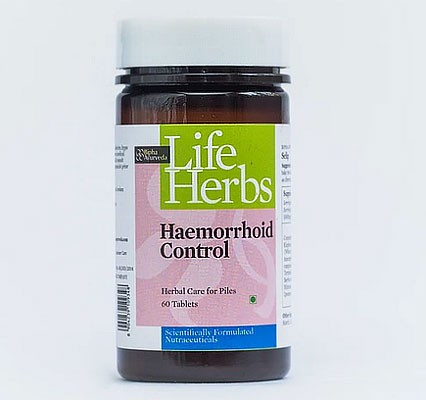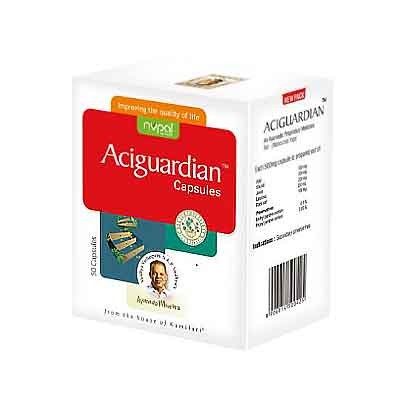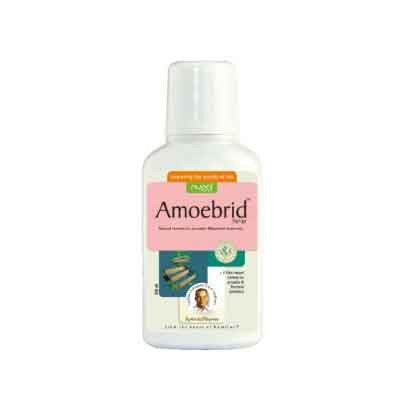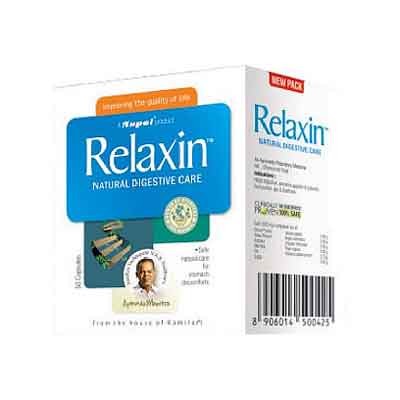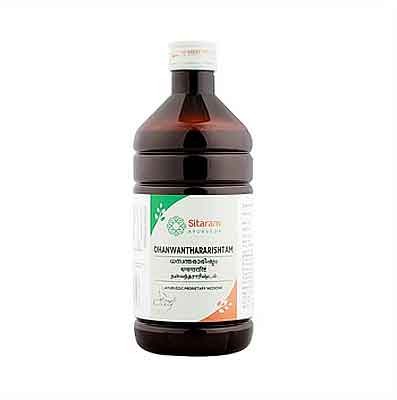Combination of Jeeraka (Cuminum cyminum), Dhataki (Woodfordia fruticosa), Shunti (Zingiber officinale), Jatiphala (Myristica fragrans), Mustaka (Cyperus rotundus), Ela (Eletteria cardamomum), Twak (Cinammomum zeylanica), Patra (Cinammomum tamala), Nagakesara (Messua ferra), Yavanika (Trachyspermum ammi), Kakkola (Illicium verum)and Devapushpa (Syzigium aromaticum) in a mildly alcoholic and sweet base of jaggery.
Facilitates smooth movement and function of ‘Vata’ in the gut, thereby ensuring proper digestion and metabolism.
Formulation of choice in post-natal care. Improves appetite, relieves flatulence, stimulates bowel movement. Works on the uterus to restore its tone and elasticity.
Effective in managing sprue and irritable bowel syndrome
Enhances the action of Ayurvedic decoctions when given in combination.
Stimulates liver function. Beneficial in treating metabolic disorders arising from liver dysfunction. Improves the quality of the circulating blood.
The product has a distinct anti-spasmodic effect. Good remedy for abdominal spasms and menstrual cramps.
Dosage
Adult: 25-30 ml twice or thrice daily after food.
Child: 10-15 ml once or twice daily after food.
Ingredients
JEERAKAM- also called Cumin Seeds in English and botanically, (Cuminum Cyminum) is Indian Spice as well as ayurvedic medicine used for several diseases of the digestive, respiratory, circulatory, and reproductive system.
DHATAKI(Woodfordia fruticosa )or Dhawai is also known as Bahupuspika in Ayurveda. It is the flower of Dhataki that has significant importance in traditional Indian medicine. According to Ayurveda, Dhataki is considered beneficial for female disorders such as menorrhagia (heavy menstrual bleeding) and leucorrhea (white discharge from the vagina) due to its Kashaya (astringent) property. Dhataki is beneficial for skin problems (such as acne, pimples etc.) and might assist in wound healing due to its antimicrobial and anti-inflammatory properties. Applying a paste of Dhataki powder along with honey or water on the skin helps in reducing swelling and steps up wound healing due to its Ropan (healing) and Sita (cold) properties.
SHUNTI – (Zingiber officinalae )
Due to its strong flavor, Ginger is an essential ingredient in many Asian cuisines. Its therapeutic benefits have been recorded in Ayurvedic and Traditional Chinese Medicine. Ginger is a potent anti-nauseatic and is beneficial in treating upset stomach.Gingerol and shogaol, active components of Ginger, suppress gastric contractions. Both the fresh and dried rhizomes of Ginger suppress gastric secretion and reduce vomiting. The compounds 6-gingerol and 6-shogaol have a number of pharmacological properties, including antipyretic, analgesic, antitussive and hypotensive properties.
MUSTA: (Cyperus rotundus). Commonly known as common nut sedge. Effective in gastritis, irritable bowel syndrome. Due to its breast purification property it is used during post partum care to avoid indigestion to the child. Nut Grass has a long history of medicinal use in the Ayurvedic system of medicine. Its benefits have been documented in the Charaka Samhita, one of Ayurveda’s prime texts. The herb also features heavily in the medicinal texts of Chinese Traditional Medicine (CTM). In CTM, Nut Grass is credited with the ability to restore ‘qi’, the natural patterns in which the body functions.
MUSTA: (Cyperus rotundus). Commonly known as common nutsedge. Effective in gastritis, irritable bowel syndrome. Due to its breast purification property it is used during post partum care to avoid indigestion to the child. Nut Grass has a long history of medicinal use in the Ayurvedic system of medicine. Its benefits have been documented in the Charaka Samhita, one of Ayurveda’s prime texts. The herb also features heavily in the medicinal texts of Chinese Traditional Medicine (CTM). In CTM, Nut Grass is credited with the ability to restore ‘qi’, the natural patterns in which the body functions.
TWAK-Twak also known as (Cinnamom verum)) is used for Neurological Disorders, Cardiovascular diseases, Oxidative stress, Inflammatory disorders, Diabetes, Microbial infections, Cancer and other conditions. extensively in Ayurveda.
PATRA-(Cinnamomum tamala ), also called Tejpatta, and Tejpat, in English named as Indian Bay Leaf, and botanically Cinnamomum Tamala) is an Indian spice as well as ayurvedic medicine. Additionally, it stimulates the digestive enzymes, which help to improve the digestion of food and increases the bioavailability of the nutrients during the digestion process in the intestine.
DEVADARU-Also known as (Cedrus deodara) or Himalayan cedar.it is very effective in neurological disorders, asthma, pruritus, infested wound. Devadaru is also effective in arthritis and headache. Deodar oil contains two major sesquiterpenoids a – and ß- himachalenes. Deodardione and deodardione are also isolated from the essential oil. The oil shows invitro antibacterial, antifungal and anti-inflammatory activity.
